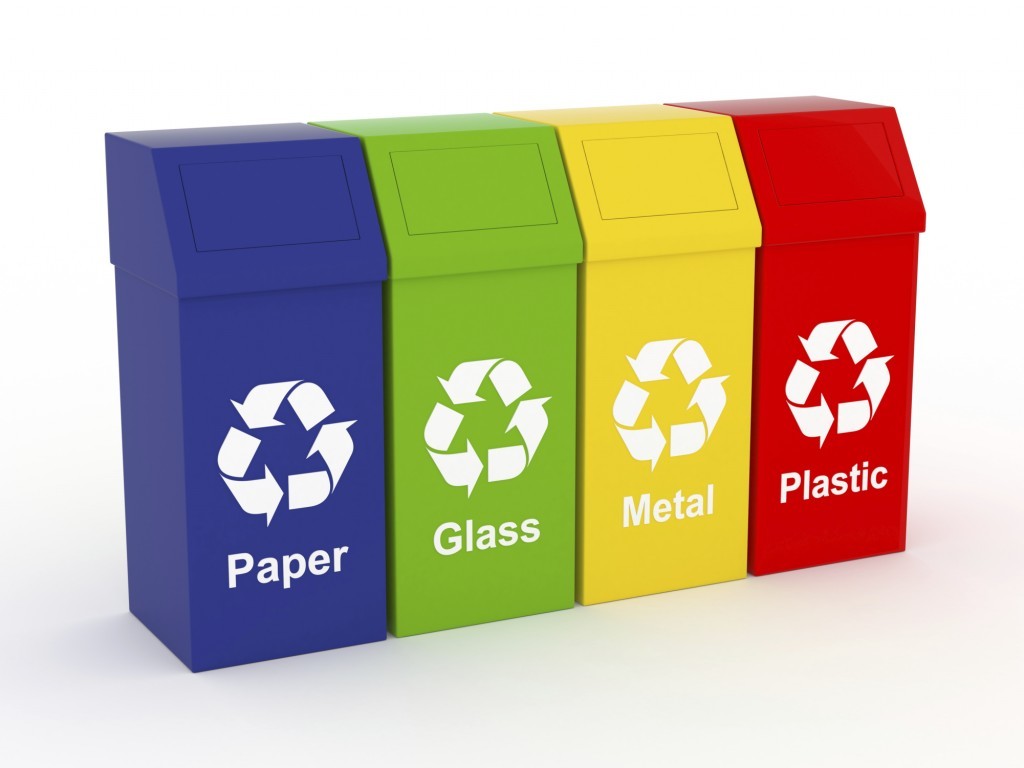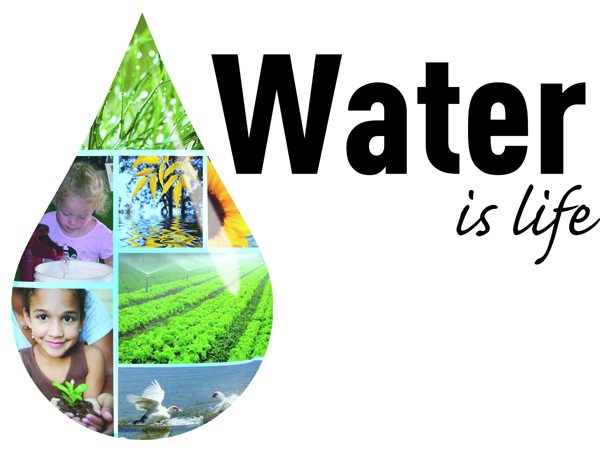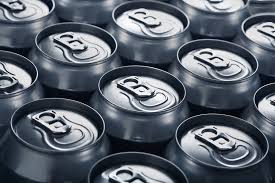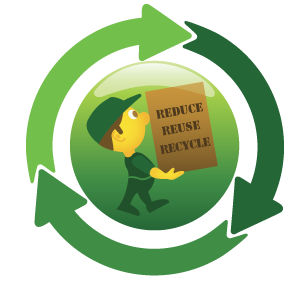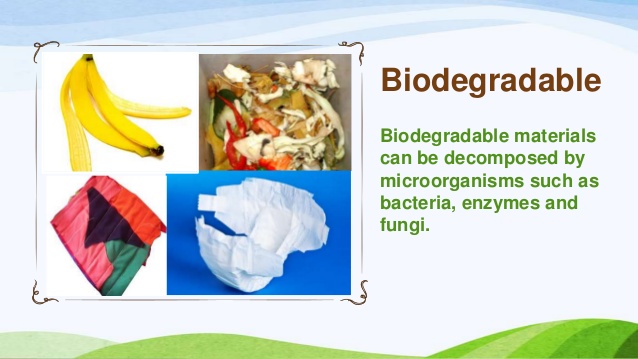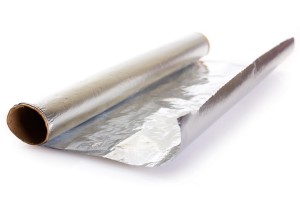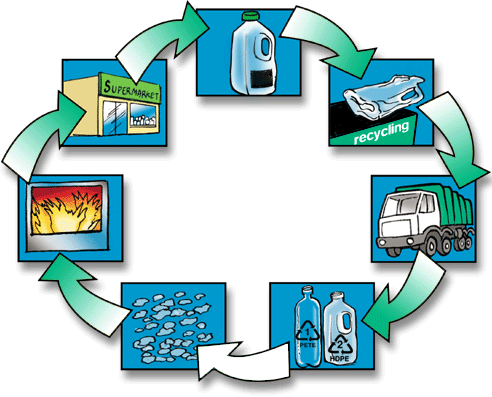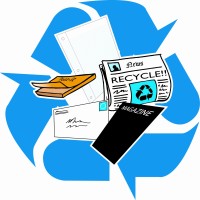Start Out Right with Recycling
Using the best practices in recycling will lead to a more successful recycling program. Many times people want to do the right thing, but are forgetful or just need a little push. One good push for people is that they can save themselves a bit of money with more careful recycling. For others, being more social helps. Luckily there are a few easy steps that will help improve recycling.
Separate The Recyclables First!
Perhaps the easiest way to remember to recycle is to put out a bin for it. Don’t try to fall back on remembering the day of trash pick up to separate out the recyclables. It can be as simple as getting a second bin in an easy to recognize earthy color such as green or blue and placing it by the traditional trash bin. Designating a place for cardboard or larger items is another simple step. Make sure each station is labeled clearly and simply to help everyone do the right thing.
Next you will need to properly identify the recyclable waste. Many people throw out items that can be recycled because they don’t realize that those items are recyclable. Make sure that everyone knows which symbols point to the easy to recognize recyclables and the more rare types of material eligible for the recycling program. People may simply not know what to look for. Training can quickly fix this.
Create Recycling Teams
New recycling programs need everyone to be on the same page to succeed. While not everyone will be enthusiastic about new policies, there will be those who love recycling. With the proper support these people can lead their co-workers to willingly recycle. Making it fun will increase cooperation without drawbacks. Soon what was new and difficult will become habit, saving the company money while saving the planet.
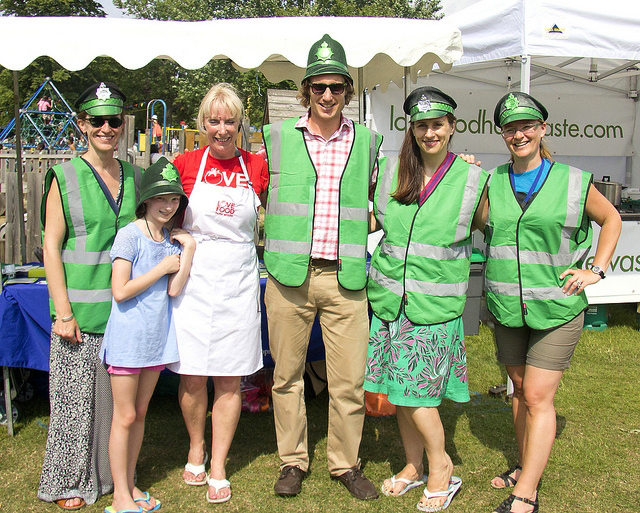
Find the Perfect Recycling Partner
It can be incredibly difficult for a typical company to maximize their recycling revenue alone. Companies may find it to be a time-consuming hassle to arrange a working program themselves. This is particularly true for companies with many locations or plants spread out over the country. A recycling partner can help simplify the process while maximizing returns. A good partner will handle all the details themselves. This includes those first steps of touring the plants and dealing with management and the workforce to handling material setup and distribution. Finally, a good partner will also arrange and organize the financing end. Truly, a good partner is invaluable.
